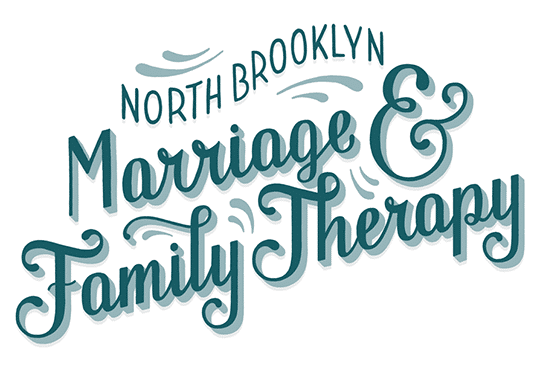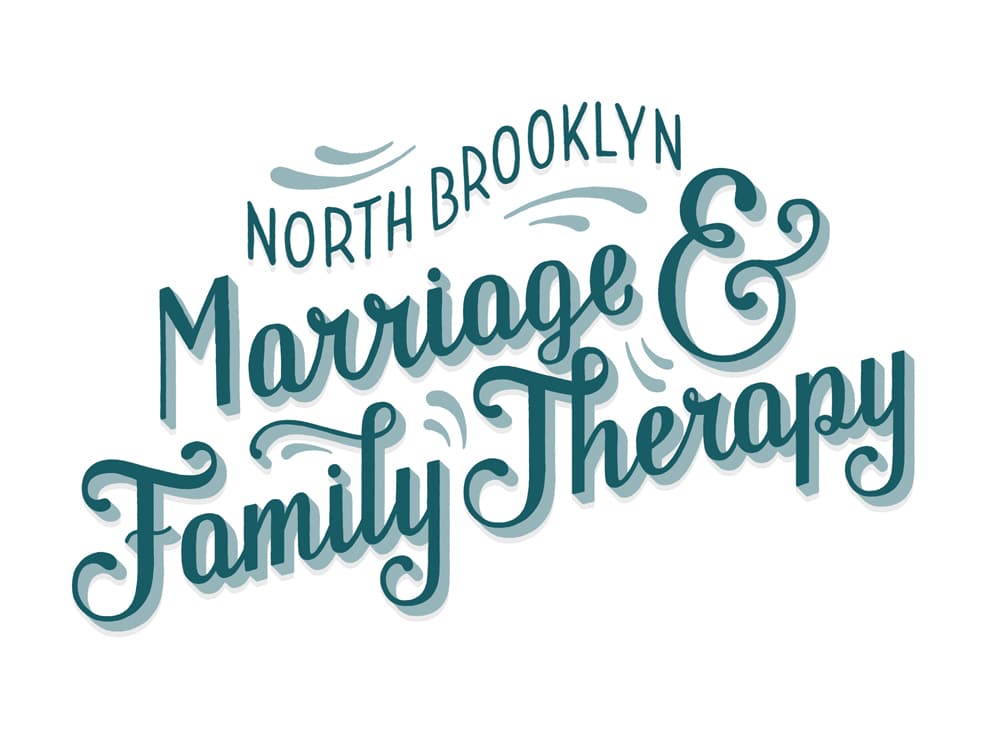
According to the BusinessDictionary, the definition of group norms is an “unspoken and often unwritten set of informal rules that govern individual behaviors in a group.” As a systemic therapist, the concept of group norms setting both the tone and functionality of a group is a lesson taught early on in training programs. However, when we think of fostering healthy, empathetic and communicative group norms, we don’t often think, corporate America. However, that seems to be changing.
A more connected workplace
You may have heard of team-building workshops or open office floor plans, like the one recently adopted by Citigroup. This literal knocking down of walls promotes transparency, de-mystifies hierarchical differences and, for better or for worse, increases the need for co-worker collaboration. This last one influenced the push to observe and evaluate group norms to gain and understanding of what makes a group successful or unsuccessful.
A Study in Empathy and Communication
A recent NY Times Magazine article, (Duhigg, 2016), covered a Google-forged initiative titled Project Aristotle set out to study what makes certain work groups successful, versus those that are not. The findings were clear, successful groups had very little to do with similarities in personality, education, gender or extracurricular activities. Success had much more to do with creating an environment in which a group felt “psychologically safe” to communicate thoughts and ideas without fear of embarrassment (Edmonson, 1999). This in turn increases empathy between group members.
What this means for the future of therapy
Gone are the days of putting one’s head down, doing our work and heading home. As more and more workplaces prioritize group projects, open floor plans and increased collaboration, the need to learn more effective ways to communicate is even more pressing. Here at North Brooklyn Marriage and Family Therapy we have seen an increase in requests for therapy for business partners. As a relational therapist, my work with business partners is very similar to my work with couples, because the needs are basically the same. In any successful partnership, business or personal, individuals must share mutual respect, communicate effectively and be empathetic toward one another. Does any of this sound like it pertains to you? If you find yourself in a partnership, business or otherwise that is lacking in any of these areas, it might be time to reach out to us. We can help open up lines of communication and restore a sense of empathy and connectedness.
By Linda Nelli
Duhigg, Charles. “Work-Life.” The New York Times Magazine, February 28, 2016, 19-75.


